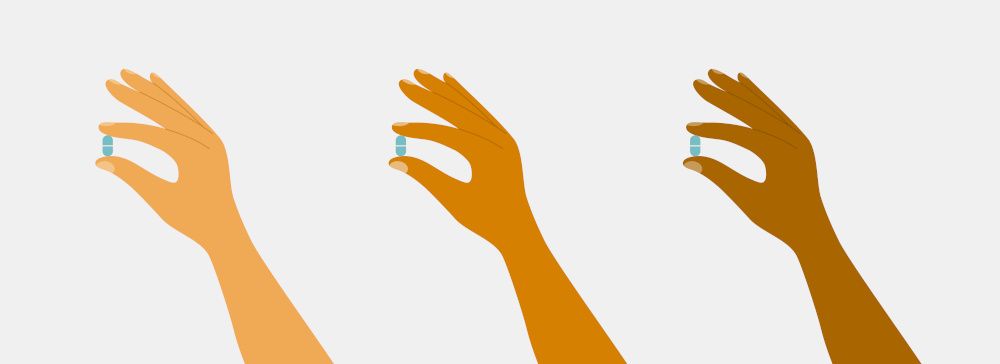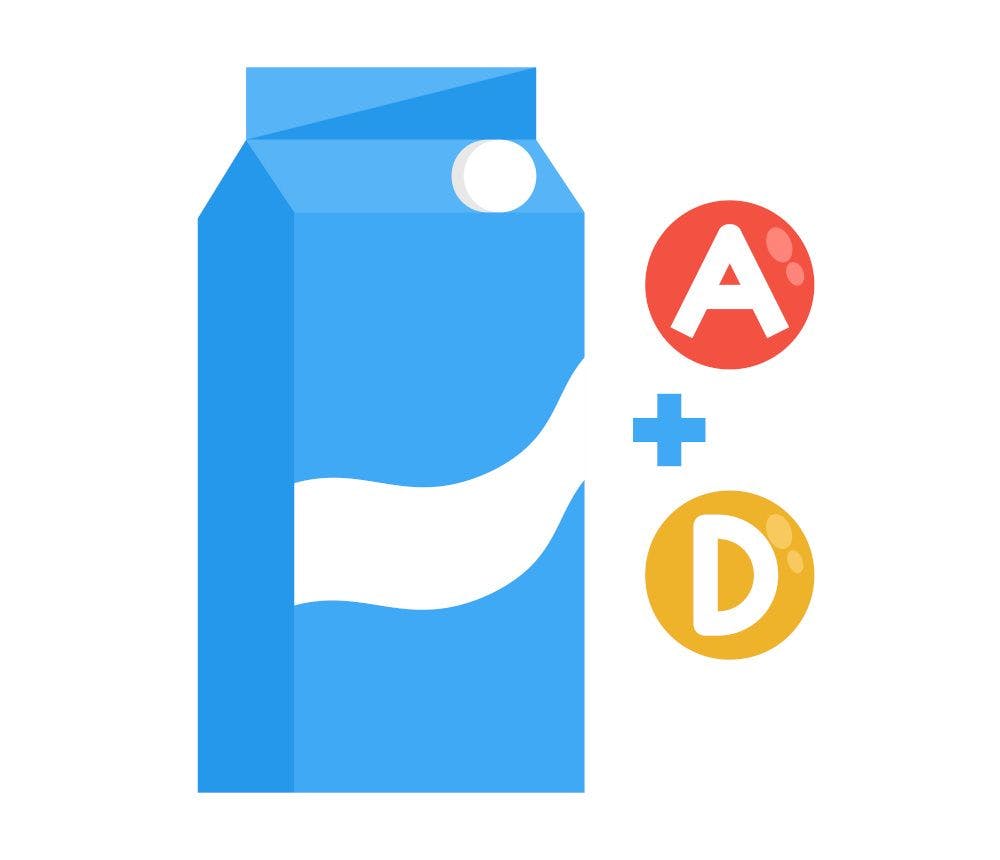Diversity: Still a dilemma for natural products brands
Though the natural products industry is progressive in so many ways, it struggles with the same challenges as the rest of corporate America when it comes to diversity and inclusion.
Though corporate diversity is increasingly important for companies in the U.S. and abroad, most of the work remains to be done. According to a recent report from Harvard Business School1, which surveyed nearly 400 professionals globally, 46% of respondents faced obstacles in the workplace due to an aspect of their identity, and just 14% of respondents said their organizations use business metrics to measure diversity, inclusion, and belonging. When it comes to leadership, a report from Harvard Law School2 found that 53.8% of Fortune 500 board seats are held by white men, and a whopping 81% of new directors are also white.
In the natural products industry, unfortunately, the situation isn’t much better. And if you ask Asma Ishaq, CEO of Modere (Newport Beach, CA), which was recognized by the Women Presidents Organization and JP Morgan Chase as 2021’s fastest-growing woman-owned business, it’s past time for the industry to reckon with that. “The natural products industry is a bit of an outlier in that our collective passion for delivering safe, natural products has created a unique, industry-wide bond as leaders in clean health and wellness,” she says. “Although quite extraordinary in many ways, that bond may actually blind us to some of our shortcomings, including any gaps in diversity and inclusion.”
Indeed, a recent benchmarking survey3 conducted by Informa/New Hope Network in cooperation with the J.E.D.I Collaborative showed that, when it comes to the American natural products industry, both consumers and corporate leadership are predominantly white; black professionals hold only 2% of leadership seats at its companies and boards.
“The struggle to attain equitable minority and gender representation in the natural products industry is not any different than the struggle most all other industries are experiencing,” says Ishaq. “We are making incremental gains, but we are not making enough deliberate effort to solve the problem and achieve proportional representation.”
It’s not only the right thing to do, but it’s also a smart business decision, say findings from McKinsey & Company4: companies in the top quartile for gender diversity on executive teams in 2019 were 25% more likely to have above-average profitability than companies in the fourth quartile. If you ask Ishaq, this has a lot to do with the diversification of buying power. “Consumers are and will be looking to support businesses that reflect who they are,” she says, especially Millennials, who are particularly motivated to support purpose-driven businesses and who are increasingly making up the majority of the economy’s spenders.
Steps Taken
According to Jennifer Conn, DVP of talent and organization development at Pharmavite, the West Hills, CA–based makers of Nature Made vitamins and supplements, the company exceeds industry averages for both gender and racial diversity—but that’s not the only benchmark brands should be aspiring to achieve. “For us, it is about creating an inclusive environment where all team members can contribute, grow, and flourish,” she says. To that end, Pharmavite is launching a number of new initiatives in 2022 to build on its progress so far.
At the local level, the company is sponsoring on-site programming and events on the topic of equity and belonging, and partnering with external groups such as Minds Matter LA, to support efforts that advance diversity and inclusion in local communities. Pharmavite is also launching a new recruitment campaign this year to reach diverse candidates in its local community, which will include partnering with local colleges and tech schools, and conducting employee surveys to determine where new action is needed.
At Modere, leadership recently established an Inclusion and Equity Council to evaluate and ensure that its employment practices and compensation structure are free of racial or gender discrimination. They’ve also created a formal mentorship program to facilitate career development and leadership positions for women and minorities, and they’re committed to supporting black-, minority-, and women-owned vendors.
Action Items
Though Ishaq points out that the natural products industry has its share of blind spots when it comes to diversity and inclusion, she also believes that leaders in the industry are eager to rise to the occasion and take the necessary steps to make change.
One way to begin is to talk the talk. “We can help the cause by equally acknowledging and celebrating the achievements of women and minorities in our space,” she says, noting that she’s witnessed efforts in recent years to celebrate women and people of color by featuring their accomplishments in industry articles, speaking opportunities, and award ceremonies. “Those efforts should be commended,” she says, “and we should encourage more of them.”
But it’s also important to walk the walk. “If you seat more women and minorities on your board and hire more women and people of color on your executive team, systemic, unconscious bias will stand a much better chance of dissipating,” she says.
References
- Harvard Business Publishing Corporate Learning. “2021 Pulse Report: Organizational Diversity, Inclusion, and Belonging.”
- Oven C et al. “The Board Diversity Census of Women and Minorities on Fortune 500 Boards.” Harvard Law School Forum on Corporate Governance. Published June 25, 2021.
- Dickinson L. “J.E.D.I Collaborative Announces Majority Funding Achieved!” J.E.D.I Collaborative website.
- McKinsey & Company report

Prinova acquires Aplinova to further increase its footprint in Latin America
April 7th 2025Prinova has recently announced the acquisition of Brazilian ingredients distributor Aplinova, which is a provider of specialty ingredients for a range of market segments that include food, beverage, supplements, and personal care.
























